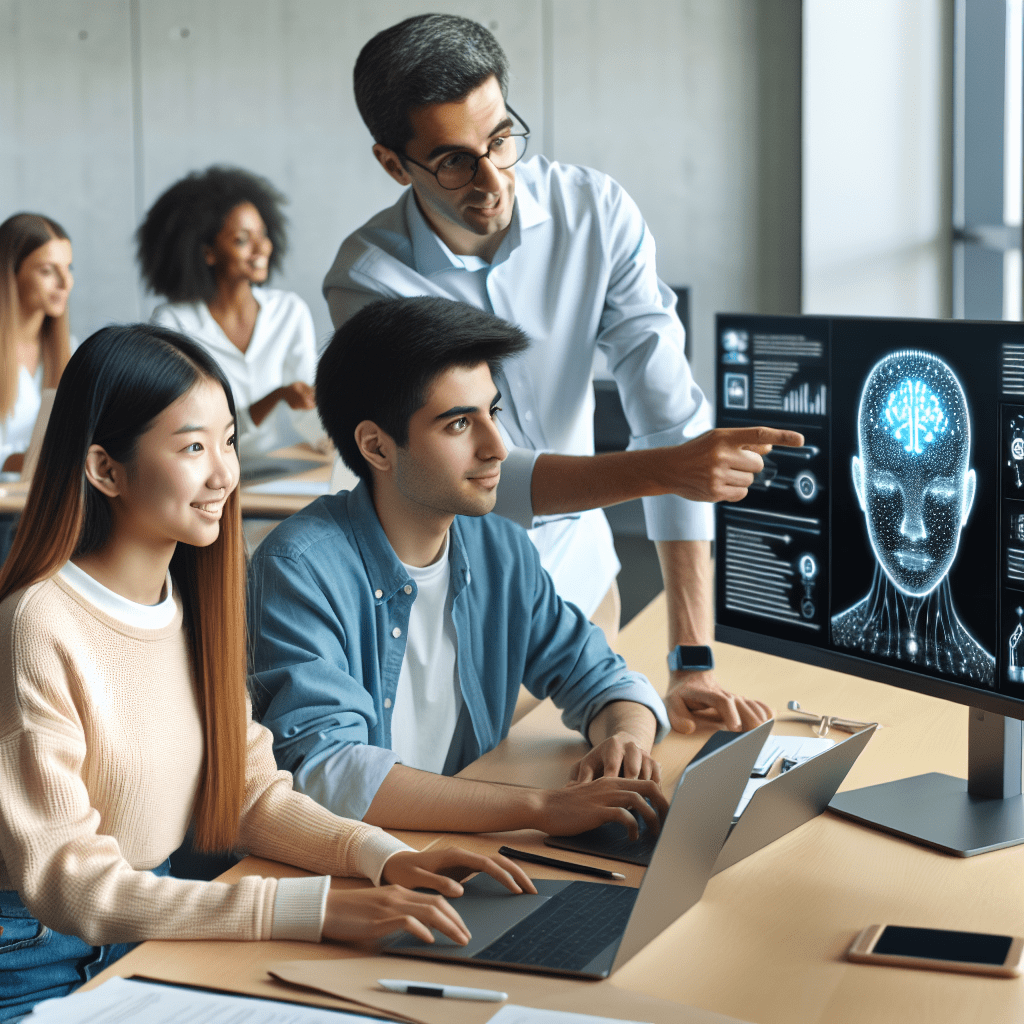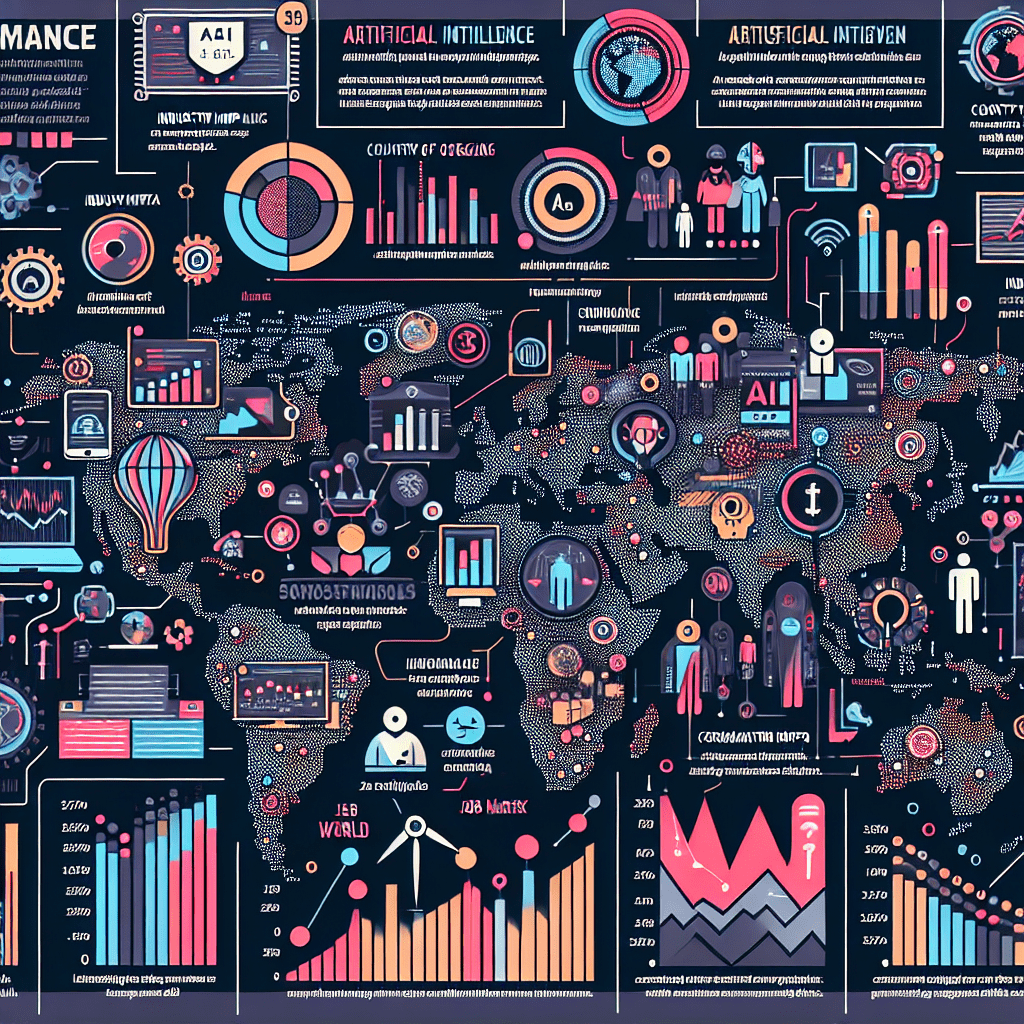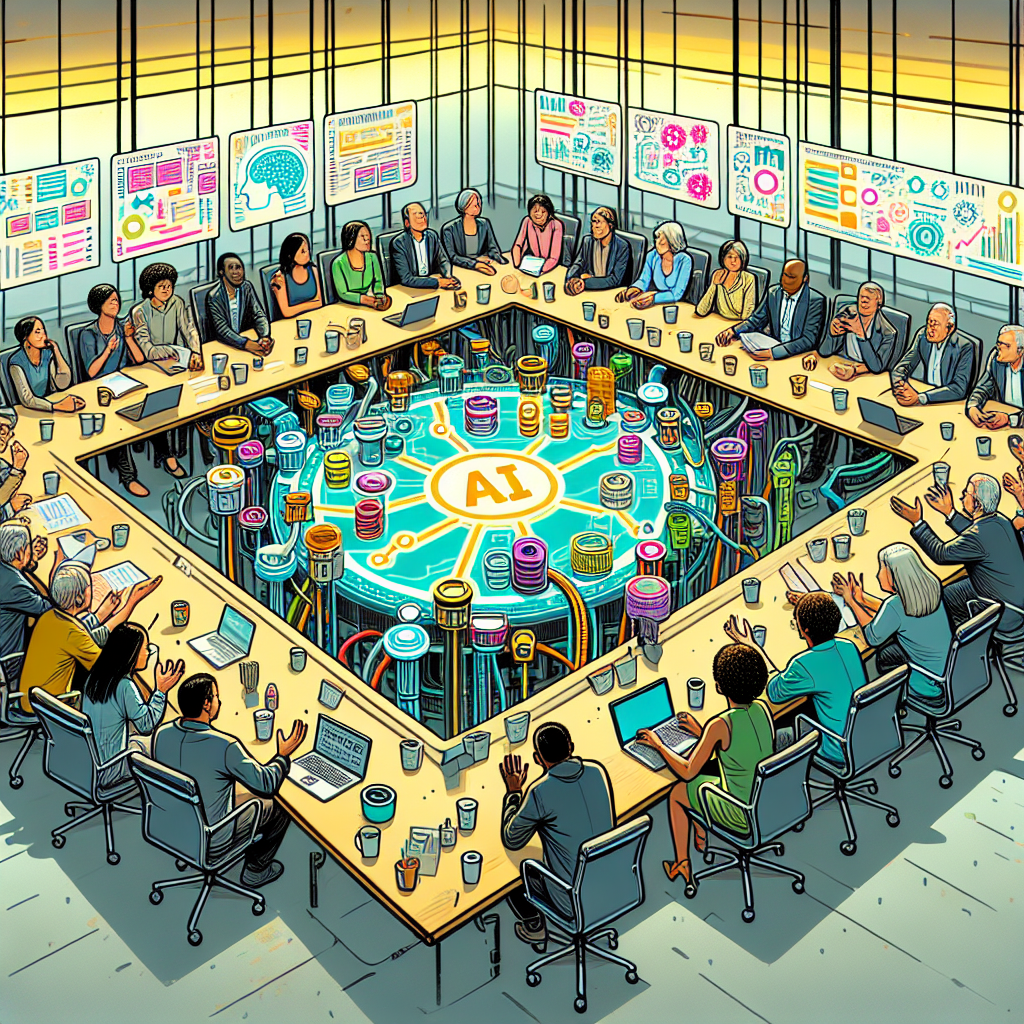Table of Contents
As artificial intelligence (AI) continues to advance at an unprecedented pace, its impact on the global workforce is becoming increasingly evident. From automating routine tasks to augmenting human capabilities, AI is reshaping industries, jobs, and the skills required to thrive in the digital age. This article explores the latest innovations and trends in AI and their implications for the future of work on a global scale.
The Rise of AI-Powered Automation
One of the most significant ways AI is transforming the workplace is through automation. Across industries, from manufacturing to healthcare, AI-powered systems are taking over repetitive and routine tasks previously performed by humans. This shift is driven by advancements in robotics, machine learning, and natural language processing (NLP).
For example, in the financial sector, AI algorithms are automating tasks such as data entry, fraud detection, and risk assessment. As Rohit Talwar, CEO of Fast Future, explains, “AI is not just about replacing humans, but about augmenting their capabilities and freeing them up to focus on higher-value tasks that require creativity, empathy, and strategic thinking.”

The Emergence of New AI-Related Jobs
While AI may replace some jobs, it is also creating new opportunities. As companies adopt AI technologies, there is a growing demand for professionals with AI-related skills. These include roles such as AI engineers, data scientists, machine learning specialists, and AI ethicists.
Moreover, AI is giving rise to entirely new job categories. For instance, AI trainers are responsible for teaching AI systems to perform specific tasks, while AI explainers help non-technical stakeholders understand how AI algorithms make decisions. As Fei-Fei Li, co-director of the Stanford Institute for Human-Centered AI, notes, “The future of work is not about humans versus machines, but about humans and machines working together.”
Upskilling and Reskilling for the AI Era
To adapt to the changing job market, workers across the globe need to acquire new skills and knowledge. This has led to a surge in upskilling and reskilling initiatives, both at the individual and organizational levels. Many companies are investing in AI training programs for their employees, while governments and educational institutions are updating their curricula to include AI-related subjects.
For example, in Singapore, the government has launched the SkillsFuture initiative, which provides citizens with learning credits to pursue AI-related courses. Similarly, in the United States, the AI4K12 project aims to introduce AI education in K-12 schools, preparing the next generation for the AI-driven future of work.

AI and the Gig Economy
AI is also transforming the gig economy, which has grown significantly in recent years. Platforms like Uber, Airbnb, and Upwork rely heavily on AI algorithms to match workers with tasks, optimize pricing, and ensure quality control. As AI becomes more sophisticated, it may enable gig workers to take on more complex and higher-paying tasks.
However, the use of AI in the gig economy also raises concerns about job security, fair compensation, and algorithmic bias. As Alexandrea Ravenelle, author of “Hustle and Gig: Struggling and Surviving in the Sharing Economy,” warns, “Without proper regulation and oversight, AI could exacerbate existing inequalities and power imbalances in the gig economy.”
Global Innovations in AI and Work
Around the world, countries and organizations are experimenting with innovative approaches to leveraging AI for the benefit of workers and society as a whole. In Japan, for example, the government has launched the “Society 5.0” initiative, which envisions a human-centered society that balances economic advancement with the resolution of social problems through the integration of AI and other advanced technologies.

In India, the “AI for All” campaign aims to democratize AI education and make it accessible to everyone, regardless of their background or technical expertise. The initiative includes online courses, workshops, and hackathons that enable participants to develop AI solutions for real-world problems.
Ethical Considerations and the Future of Work
As AI becomes more integrated into the workplace, it is crucial to consider the ethical implications and ensure that its benefits are distributed fairly. This includes addressing issues such as algorithmic bias, data privacy, and job displacement. It also requires active collaboration between policymakers, industry leaders, and workers to create inclusive and sustainable solutions.
As Cathy O’Neil, author of “Weapons of Math Destruction,” emphasizes, “We need to demand transparency, accountability, and fairness in the use of AI in the workplace. Only then can we harness its potential to create a more equitable and prosperous future for all.”

Conclusion
The impact of AI on the future of work is both profound and far-reaching. As AI technologies continue to evolve, they are transforming industries, creating new jobs, and redefining the skills required to succeed in the digital age. While these changes present significant challenges, they also offer opportunities for innovation, growth, and social progress.
By investing in AI education, promoting ethical practices, and fostering global collaboration, we can harness the power of AI to create a more inclusive, sustainable, and human-centered future of work. As we navigate this transformative journey, it is essential to keep the well-being of workers and society at the forefront of our efforts.